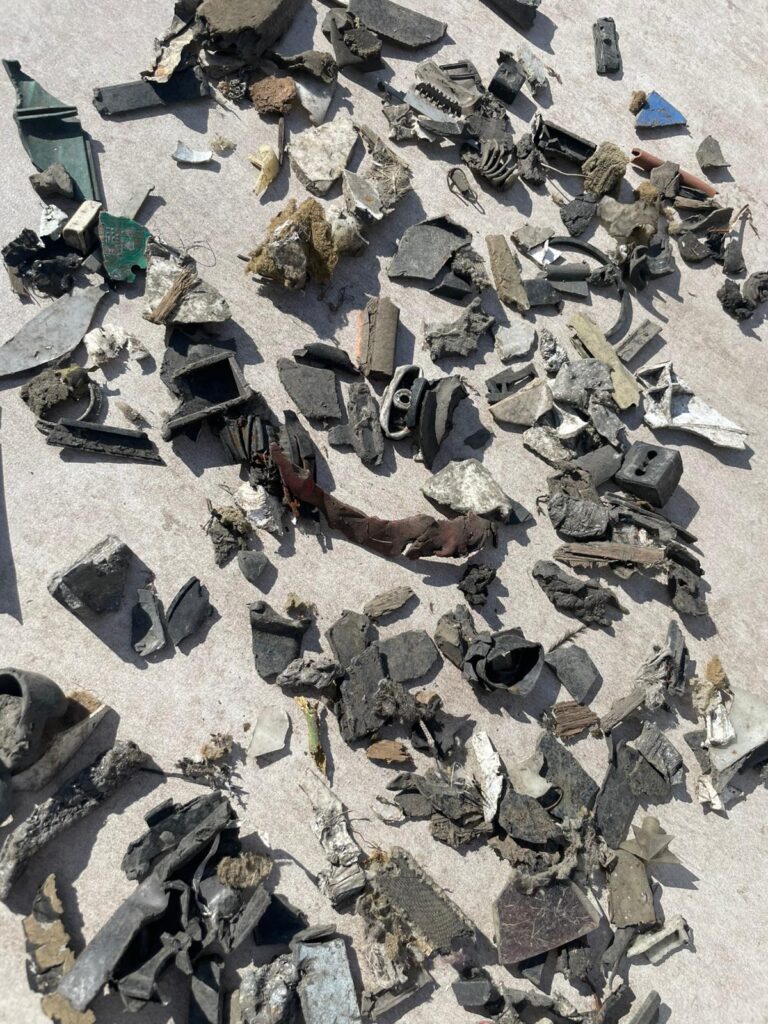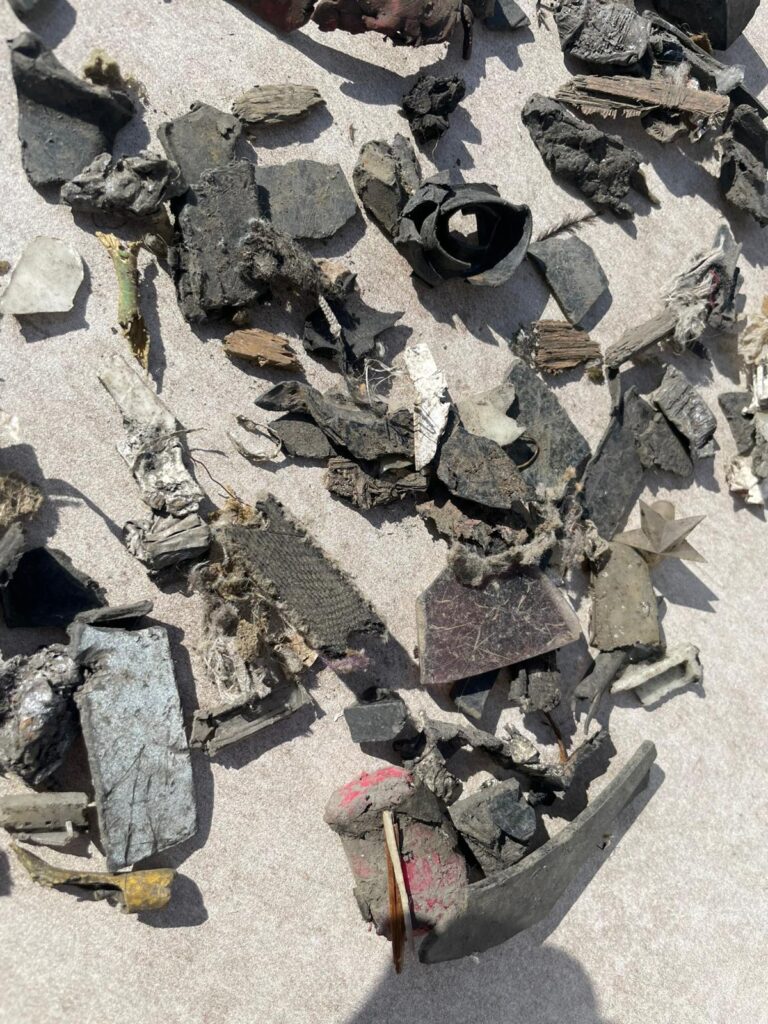Automotive Shred Residue
Using Automotive Shredder Residue (ASR)—also known as Car Frag—offers several environmental, economic, and operational benefits when properly processed. Here’s a detailed breakdown:
🔄 1. Resource Recovery & Circular Economy
- Maximizes material recovery from End-of-Life Vehicles (ELVs), beyond just metals.
- Recovers plastics, rubber, foam, textiles, and glass that would otherwise go to landfill.
- Supports the circular economy by turning waste into reusable materials or energy.
♻️ 2. Reduces Landfill Dependency
- ASR can make up 20–25% of a vehicle’s weight and is traditionally landfilled.
- Recycling or energy recovery from ASR significantly reduces landfill volumes and associated environmental risks (e.g. leachate, methane emissions).
🔥 3. Energy Recovery Potential
- ASR contains a high proportion of calorific materials (plastics, rubber, textiles).
- It can be used as Refuse-Derived Fuel (RDF) or Solid Recovered Fuel (SRF) in:
- Cement kilns
- Waste-to-energy (WtE) plants
- Industrial furnaces
This displaces fossil fuels and contributes to carbon footprint reduction.
💰 4. Economic Value
- Reduces disposal costs by diverting ASR from landfill.
- Generates revenue streams from:
- Recovered metals and polymers
- Alternative fuels
- Carbon credits (in some jurisdictions)
Creates jobs and innovation in recycling technologies and logistics.
🌍 5. Environmental Compliance & Sustainability
- Helps meet EU and UK ELV Directive targets (e.g. 95% recovery, 85% recycling).
- Reduces environmental impact of vehicle disposal.
- Encourages eco-design in automotive manufacturing by highlighting material recovery challenges.
🧪 6. Technological Innovation
- Drives development of advanced sorting and separation technologies:
- Electrostatic separation
- Density-based sorting
- AI and sensor-based systems
Encourages investment in cleaner, more efficient recycling infrastructure.
🏭 7. Supports Industrial Decarbonisation
- ASR-derived fuels can be used in energy-intensive industries (e.g. cement, steel) to reduce reliance on coal or petcoke.
- Contributes to net-zero goals by replacing fossil fuels with waste-derived alternatives.




